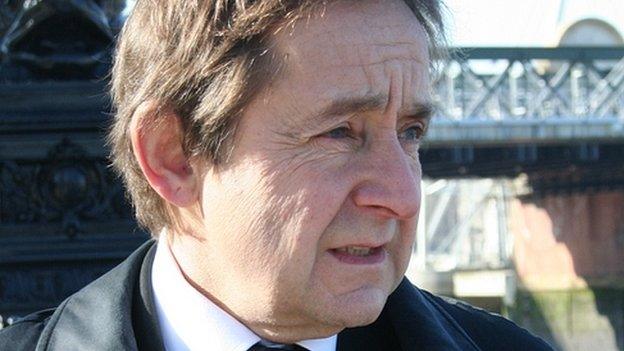Why is Tony Blair so unpopular?
- Published
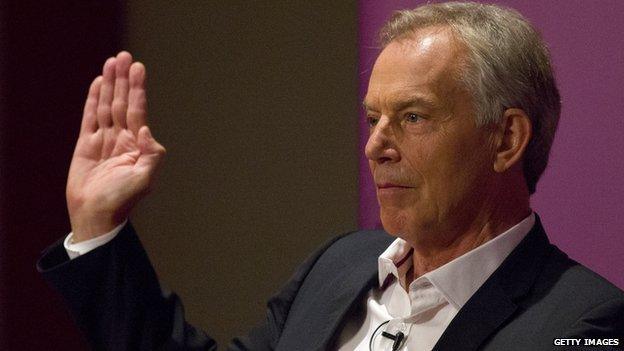
With Tony Blair's legacy hanging over the contest to be the next Labour leader, the former prime minister's biographer looks at why his standing is so low in his own party and beyond.
The verdict of history on all prime ministers after they leave office remains hotly disputed, but few in modern times have been subject to as much hostility as Tony Blair.
To a controversial premiership, which ended in May in 2007, Mr Blair has added a still more controversial post-premiership.
We need to examine both, the premiership and what followed it, if we are to understand why he has become the most reviled former prime minister since 1945.
Mr Blair succeeded to the leadership in July 1994 and set about "modernising" the Labour Party so it embraced rather than rejected capitalism, and sought to rule in the interests of the whole country, not just the working class and trade unions.
Coming to power after four election defeats for Labour in a row, 1979, 1983, 1987, and 1992, Mr Blair's formula proved outstandingly successful.
Reforming agenda
He won the general election in May 1997, with a landslide victory against the discredited Conservative government, won again with a landslide in 2001, and won a third time, albeit it with a smaller majority, in 2005. No other Labour leader in history ever won three election victories and lost none.
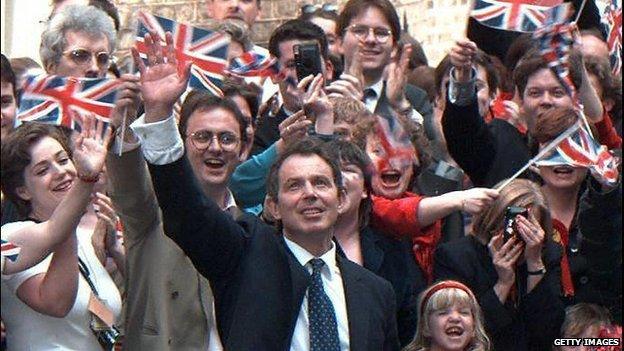
One would expect the Labour Party to revere Mr Blair as its greatest electoral asset. But the opposite is true.
He is reviled by many in the party, and his supporters are in decline as a new generation of Labour MPs has entered Parliament, rejecting Mr Blair and the way he tried to rid their party of its left-wing elements.
Mr Blair was more successful as a party leader winning elections than he was as a governing prime minister.
Fulfilment of his moderate reforming agenda was hampered for several years because of the antipathy of his chancellor, Gordon Brown, who increasingly resented Mr Blair, and wanted him out of Downing Street so that he could take his place.
This gave birth to the struggle that characterised the decade 1997-2007, between "Blairites" and "Brownites".
The former could be found on the centre-right of the party, the latter on the centre-left. Many Labour supporters cannot forgive these two men for what they see as allowing personal acrimony to squander the best opportunity in a generation for advancing the cause of working people.
Iraq war
Mr Blair began with as much support on the right of British politics as on the left, although his perceived failure to control immigration led ultimately to the ire of the right.
It was Mr Blair's foreign policy, though, that was to produce the biggest controversy of his premiership, including protests in London and across the country.
His support for US President George W Bush in the invasion of Iraq in March 2003 was the most disputed foreign policy decision by a British prime minister since Anthony Eden decided British troops should invade Egypt in 1956.
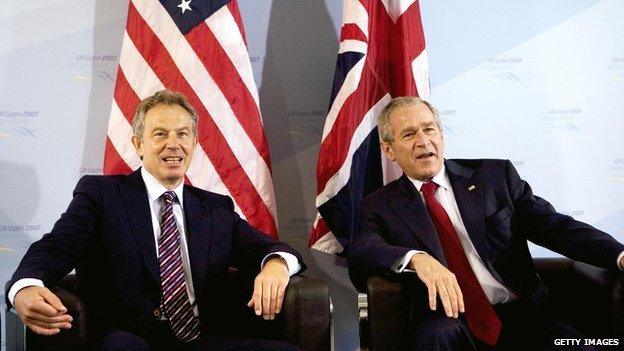
The manner of Mr Blair's decision was hotly disputed, including question marks over whether he had misled the country to build his case for committing British troops.
He might have been forgiven had the American-led invasion been a success, but its spectacular failure to bring peace to Iraq led to many years of recrimination.
Mr Blair, ironically, enjoyed his most successful period of governing in his final few years in Downing Street, when he had learnt, as he himself admitted, how to manage the job.
But Mr Brown's succession as prime minister in May 2007 could not calm the angst surrounding him.
Thus begins part two of our story, the post-premiership. Mr Blair outlined a very ambitious prospectus for his life after Downing Street. He became the UN's "Middle East Envoy" and worked to bring peace to the Arab-Israeli conflict.
He also had ambitious plans for Africa, for helping world religions to understand each other, and a host of other good causes.
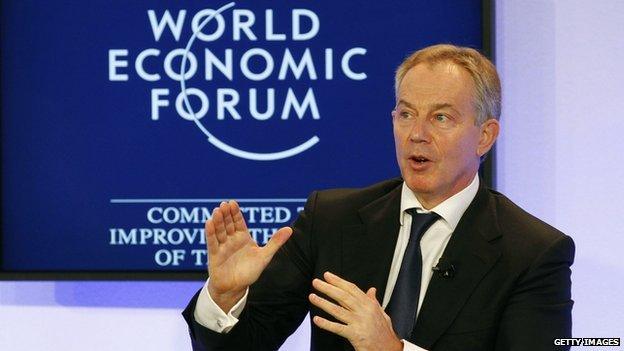
This was an admirable programme, which should have earned him approbation rather than opprobrium.
The fact remains though that almost a decade after leaving Number 10, Mr Blair's public standing is even lower.
The lack of palpable progress in the Middle East, in Africa, and in world religions, does not of itself explain the hostility.
Rather, it has been his contacts with regimes and individuals of questionable morality, and his money-making activities and his homes, all of which have been regularly aired by a profoundly suspicious press, that seem to have caused the damage.
Members of the Labour Party cannot understand why it is necessary for their former leader to make so much money and to be travelling the world in private jets.
Here he suffers in contrast to Mr Brown, whose years since being removed from Downing Street in May 2010 have been characterised by modest living and circumspection, together with a few well-judged interventions, as during the final days of the Scottish referendum campaign in September 2014.
Mr Blair's standing remains far higher abroad, notably in the United States, than in the UK.
It may be some time before the reputation of this former giant of the world stage begins to rise again.
Sir Anthony Seldon is headmaster of Wellington College and vice-chancellor of the University of Buckingham. A noted political historian, he has written biographies of John Major, Gordon Brown and Tony Blair. His inside account of David Cameron's premiership will be published next month.
- Published22 July 2015
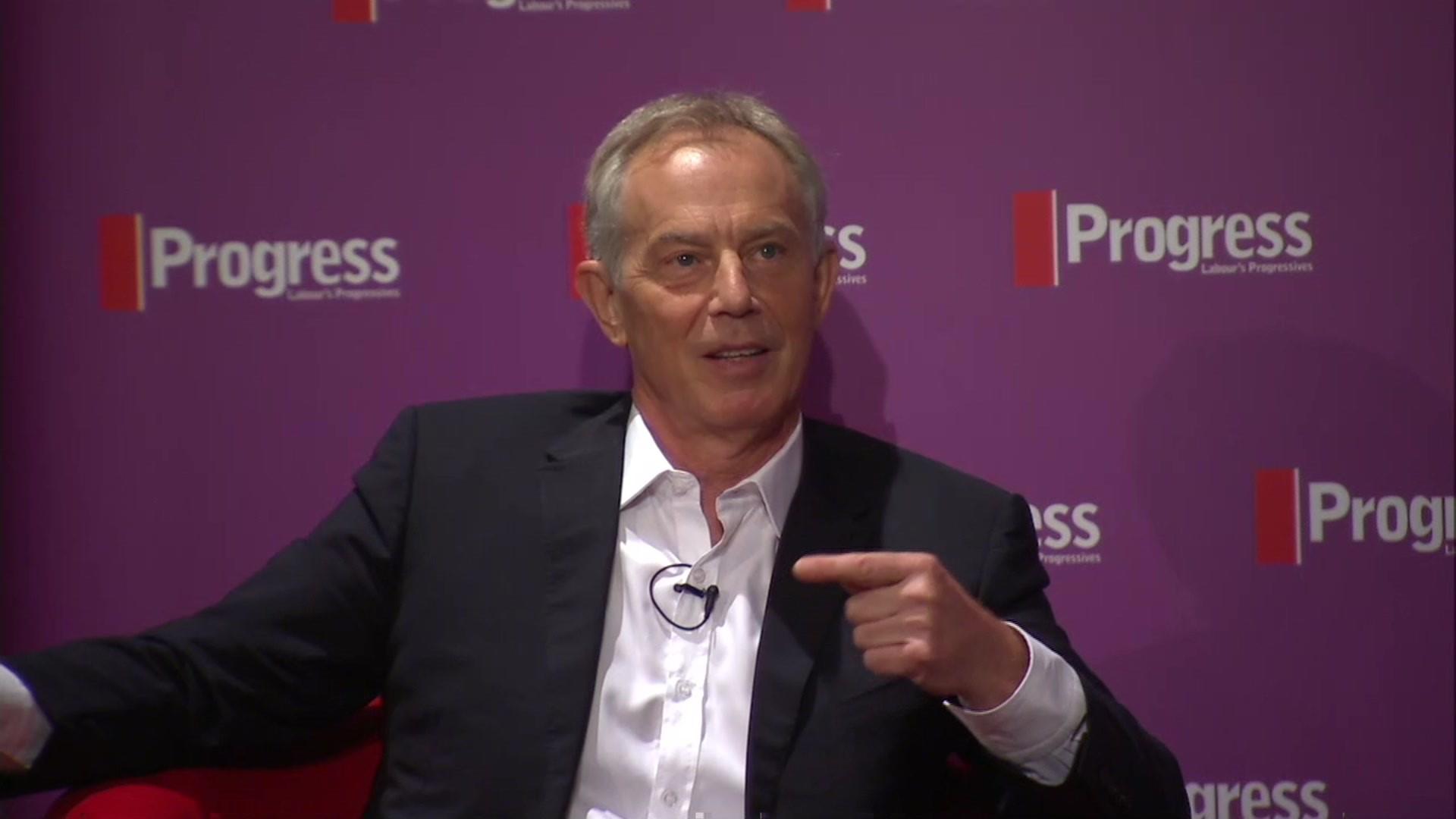
- Published4 June 2015
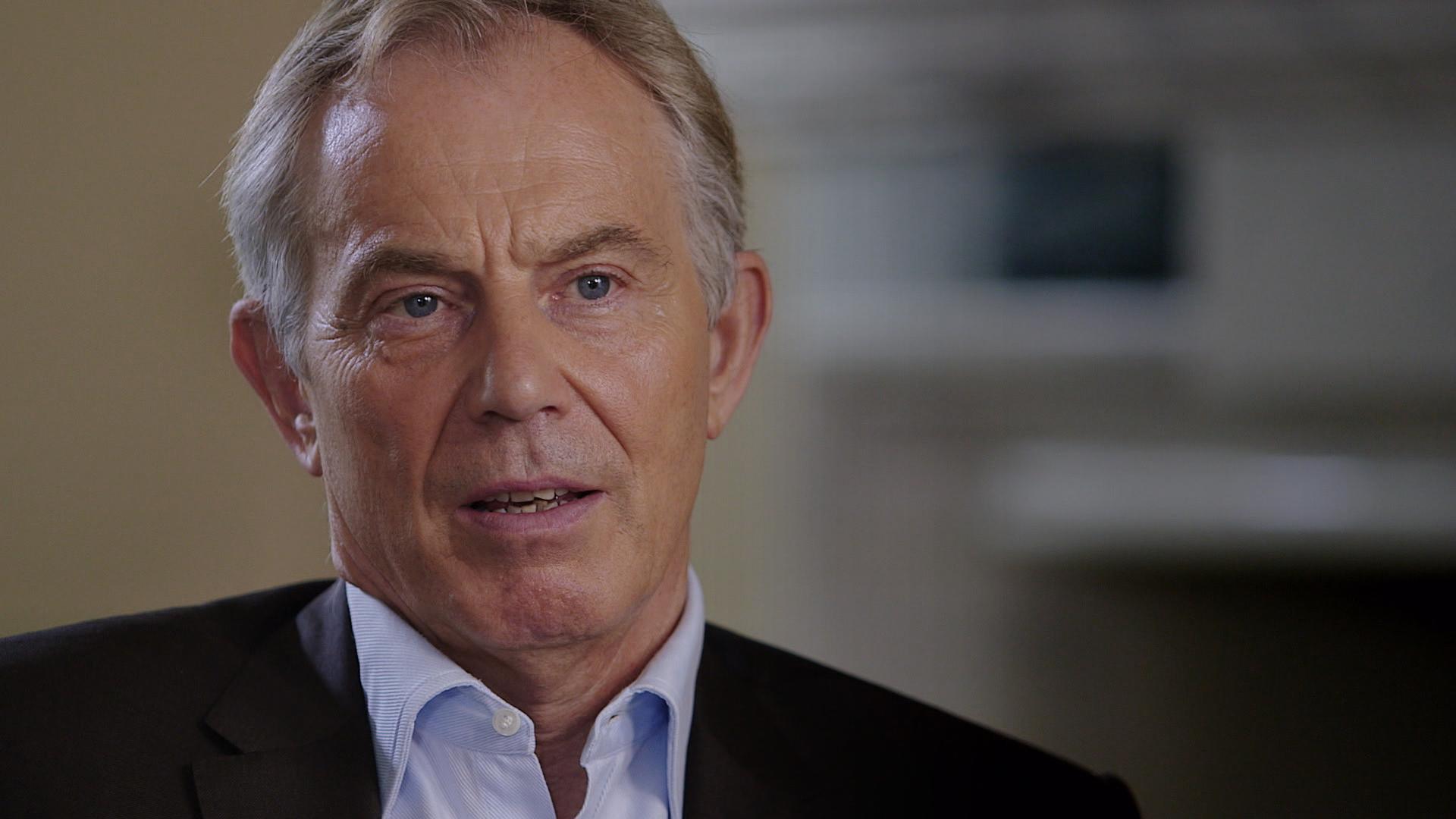
- Published27 May 2015
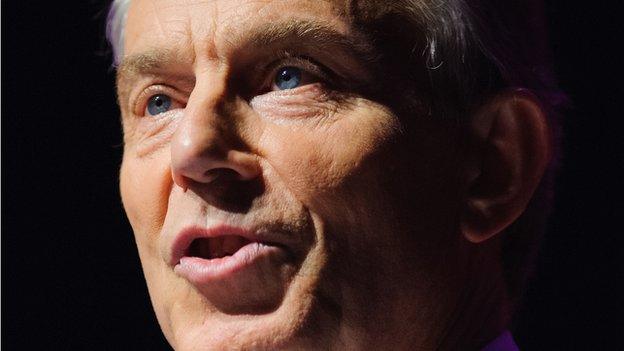
- Published7 April 2015
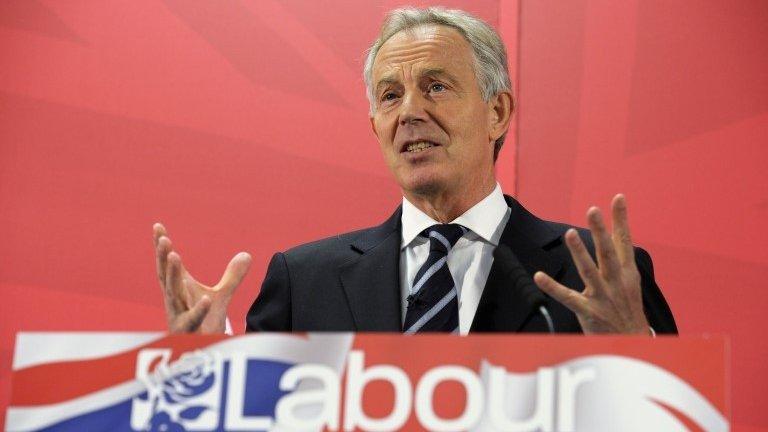
- Published7 April 2015
- Published16 April 2015
